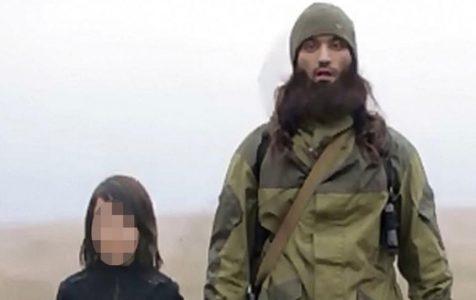
Number of women and children in ISIS significantly underestimated
More foreign women and children were affiliated with ISIS than previously publicly known, a new study has found, suggesting an underappreciated threat that governments are yet to address.
Contrary to the common perception of the disaffected young male foreign terrorist fighter, a new report from King’s College London suggest that up to a quarter of all ISIS “global affiliates” were women and children and suggests that they will play a significant role in keeping ISIS ideology alive in the future.
The report, from the university’s International Centre for the Study of Radicalisation, documented 41,490 foreigners from 80 countries who travelled to the “caliphate” declared by ISIS in parts of Iraq and Syria between 2014 and 2017. Of them, 4,761 were women and 4,640 were children. In addition, at least 730 foreign children are known to have been born in ISIS territory, though the actual number is likely to have been significantly higher.
Of those foreign ISIS affiliates – which includes fighters, supporters and those coerced into association with the group – 7,366 are known to have returned home to their country of origin, including at least 256 women and perhaps 1,1180 children. While a large number of ISIS affiliates were killed in fighting or airstrikes, several thousand women and children are also known to be held in detention in Iraq and Syria.
The report describes how many female ISIS affiliates played a more active role than that of the coerced “jihadi bride” often ascribed to them in the media. “Many IS-affiliated women were driven by similar motivating factors as men, whether ideological commitment, grievances or discrimination in their own society, or the desire for a sense of belonging or purpose,” said report co-author Gina Vale. “Our research shows that women and minors affiliated with IS demand attention.”
“Women and minors are poised to play a significant role in the organisation going forward,” the report concluded. “They may assist in keeping the ideology alive, passing it to the next generation, continuing to recruit new members, support IS in other ways such as fundraising, or perpetrating violence on behalf of the group.”
Source: The National





